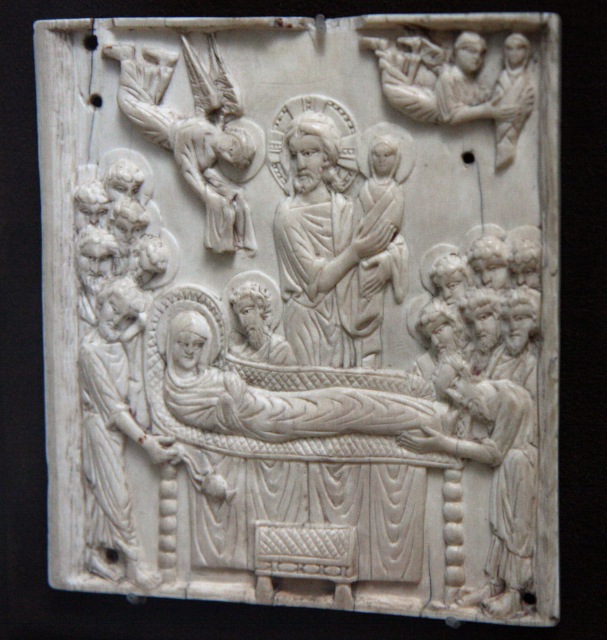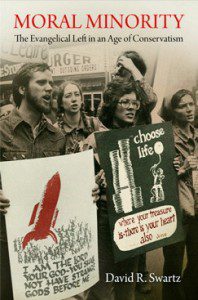About a decade ago, the historian David Chappell wrote a thoughtful book about religion and the civil rights movement, titled A Stone of Hope: Prophetic Religion and the Death of Jim Crow. Among other ideas, Chappell presents the argument that the supporters of civil rights, ultimately, had religion on their side. In other words, while there were plenty of southern Christian opponents of the civil rights movement (including those Birmingham clergy who — fifty years ago this month — prompted... Read more
















